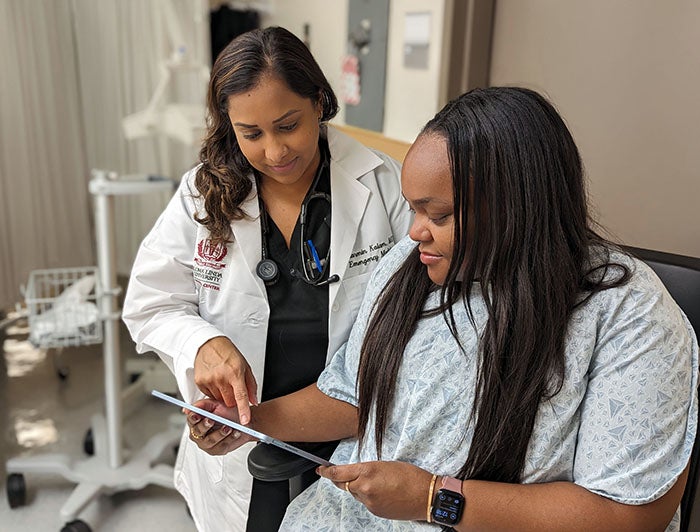HHS grant funds HIV testing among high-risk patients

Loma Linda University Medical Center reaches patients where they are – in the emergency room
For some people – particularly those in historically underserved communities – the emergency department of their local hospital is their primary source of health care. Many EDs, though, are not equipped to manage behavioral health care, chronic conditions and disease prevention, each of which are of critical importance to the human health experience. But thanks to a $1.5 million grant from the U.S. Department of Health and Human Services, Loma Linda University Medical Center (LLUMC) will now house within their emergency department a comprehensive behavioral health program, as well as an HIV prevention and care program.
As the only Level 1 Trauma Center in the Inland Empire, LLUMC treats a population equal to 25% of California, and the area has seen a 23% rise in new HIV diagnoses. The California Department of Public Health estimates that there are 2,500 people unknowingly living with HIV in the area. Without knowledge of their HIV status, those people will not seek care and treatment; moreover, 80% of new HIV infections can be tied to people who either are undiagnosed or who are not under the care of a physician.
Given the stigma that HIV carries in many communities, the ED will use electronic screening to identify patients who may be at risk of HIV. After testing, trained counselors from the same demographic as the patient will provide culturally appropriate counseling, as well as information about resources and support programs.
The hospital believes that bringing stigma-free and culturally sensitive care to people where they are will not only provide better care for the patient, but for the community as a whole – as HIV testing rates improve, so will transmission rates and rates of care.
Other initiatives funded by the grant include access to services dealing with substance use disorders and other behavioral health issues.

